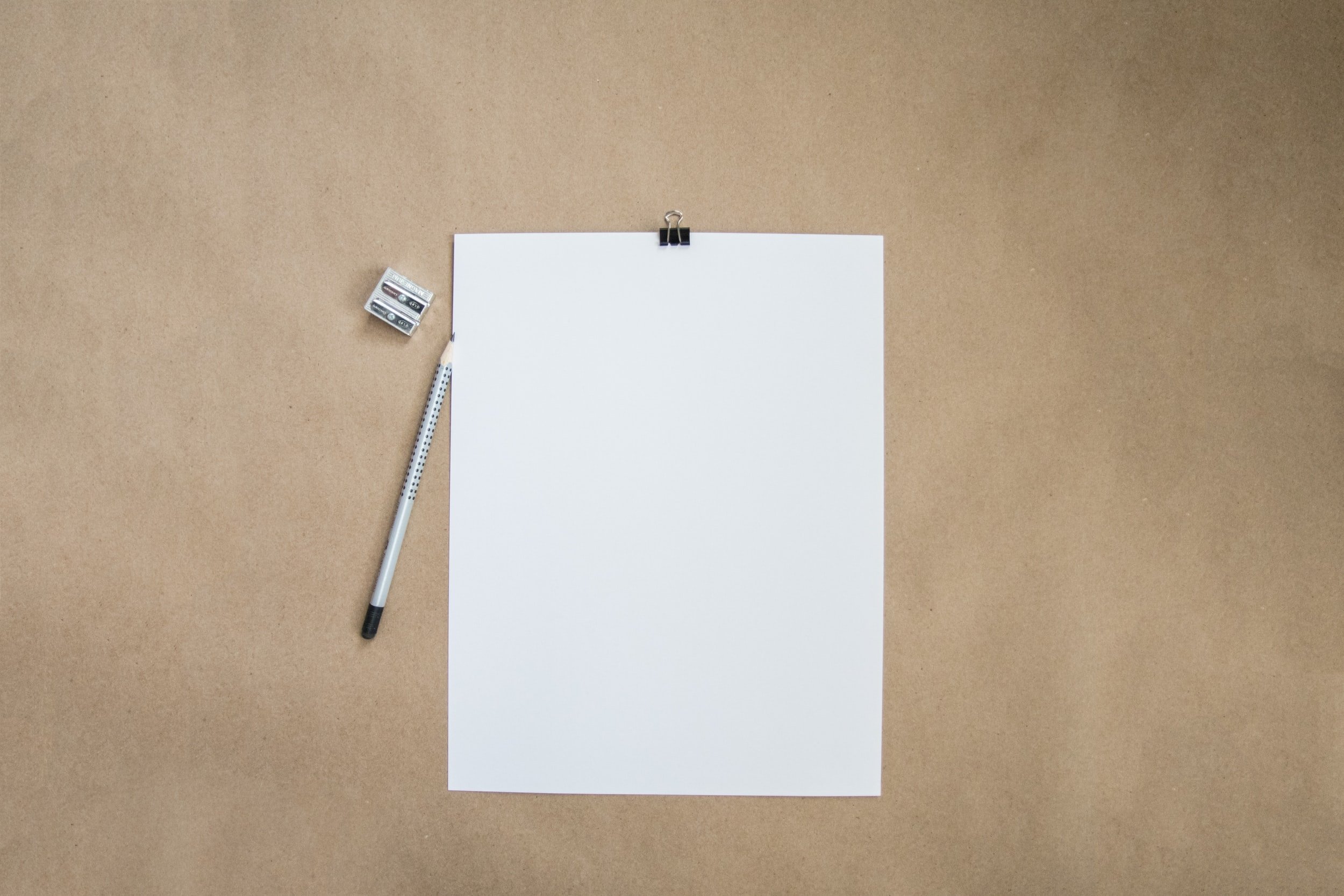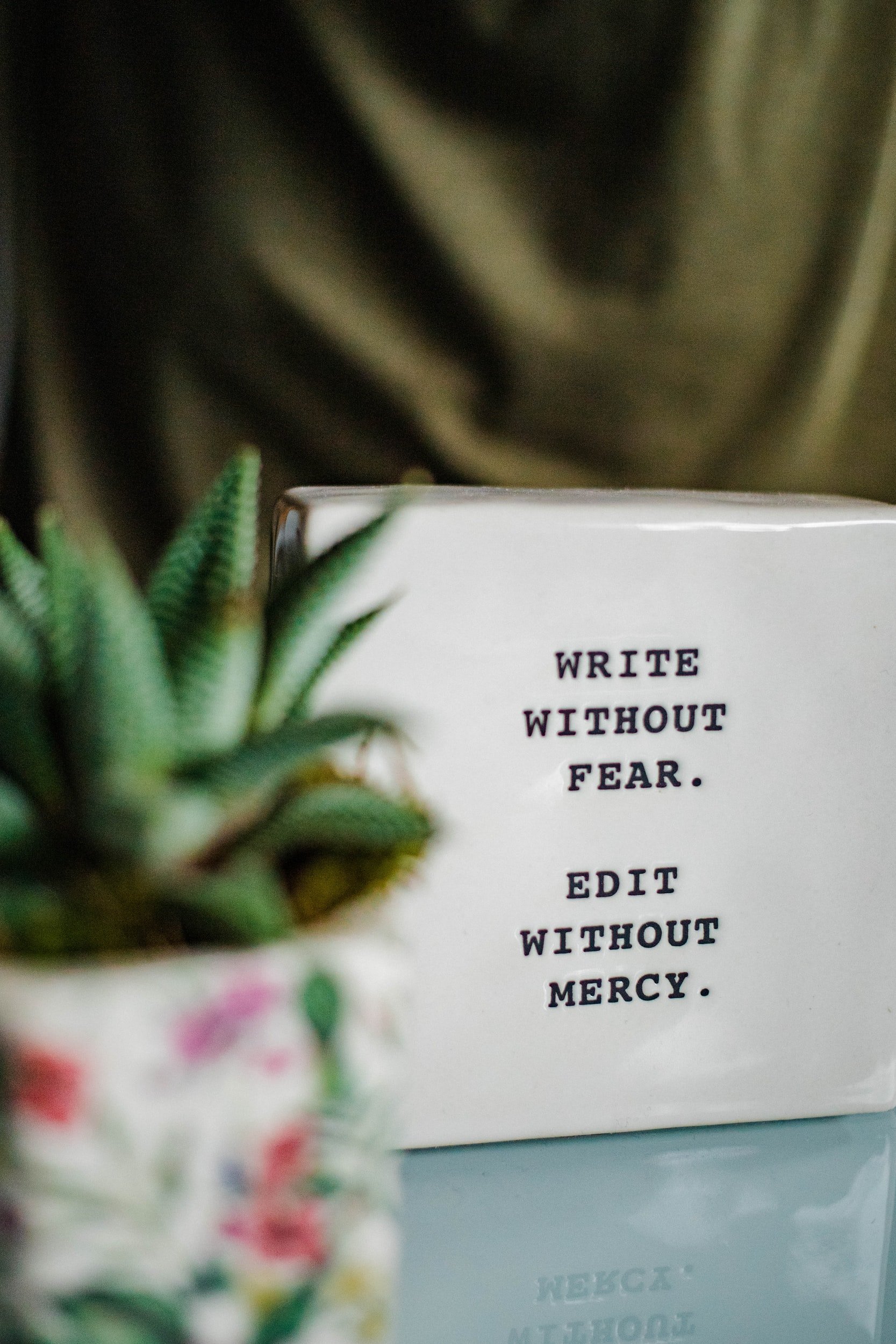What to do before writing a novel
Many of us feel like we have a novel waiting inside us. Very few of us finish the book.
As a novelist, I’m here to tell you: you can do it. You can write that novel that’s been knocking around inside your head for years.
But getting started is difficult. Mostly because its hard to know where to start… How do we even begin preparing to write a novel, which is such a large undertaking?
Here are my major tips for building up your confidence, skills, and idea before jumping into a novel. If you do all of the advice I list below, in a matter of months you’ll finally feel ready to start writing (and most importantly, finish) your book.
Read in your genre
It’s important to have an idea of what people have done before you, and what you want to do that’s similar or different.
Can you imagine someone trying to build a rocket without learning about past rockets? That would be insane! So don’t try to build your rocket without seeing how other people have gotten to the moon.
There are several benefits to doing this:
Learn how plots are generally done in your genre
Get used to the tropes that you can use (or subvert)
See that people do like stories similar to your idea, so you can stay confident that people will want to read your book
This doesn’t need to take forever. Just make a list of five to twenty books (up to you how many you want to do) that seem similar to your idea or are at least about the same general topic.
It’s not always a book.
Video games, television shows, and movies count, too! My debut novel was heavily inspired by Deadpool and Harley Quinn, in comics, movies, and TV. Other superhero movies contributed, too. It’s got touches of video games, as well, like Bioshock!
“My book’s not like other girls.”
If you think that your book idea is so original that no one has ever done anything like it before: You’re wrong.
Humans have been writing novels for hundreds of years. There are millions upon millions of novels. Someone has done something similar to some aspect of your book.
This is a good thing: it means you can take the time to find it and learn from it before you add your own touch to the history of literature with your own novel. So, find it! And read it!
Read about writing
To return to my rocket metaphor, I want you to imagine the following exchange:
A friend of yours tells you, “I’m going to build a rocket!”
You say, “That’s amazing. Are you studying physics?”
“No. I think if I just try to build it a couple of times, I’ll figure it out. I want to do it intuitively.”
You would think that person was a lunatic, right? Because when you’re putting together a complicated project, it helps to know the underlying principles that make it work.
Don’t try to rediscover How Writing Works for yourself without any help. You can learn from writers who came before you.
Start with the books we talk about in this video: books to make you a better writer.
These books are seriously awesome. Watch here.
Practice with short stories and segments
Before you start writing your novel, you should practice writing. Consider it stretches before the marathon. You’re limbering up, making sure your pen is ready for the long haul.
Two kinds of writing are useful for this:
Short stories that have nothing to do with your novel
Segments using characters and ideas you’re interested in for the novel
The short stories will help you practice plot, dialogue, and description.
The segments are a chance to try on what you want to include in your book. For instance, you can write a segment of your character talking to their employer, or describe their house in detail.
Don’t worry about whether these pieces will end up in the final book, just give yourself time to experiment.
We’re so classy
Like this, but for writing.
It can be helpful, though not totally necessary, to take a class on short story writing. Getting the encouragement (and deadlines) to finish stories is a big help, especially if you’re not used to motivating yourself to finish your writing projects.
Get a support network
Writing often feels like a solitary endeavor, but it doesn’t have to be. To make it across the finish line with your novel, you’ll want to have a solid support network, people who can go to for inspiration, encouragement, and eventually criticism.
Figure out who in your life will talk to you about books, and your book in particular. Then, figure out which of those people leave you feeling energized, rather than discouraged.
Once you have a handful (or even just one or two) people like this, you’ll feel much better about starting your book. You can rely on them to help you figure out a tricky plot hole or motivate you to sit down and get some writing done!
Don’t have anyone in your life like this? Never fear! We have an article for that. Read “How to make creative friends”.
Join a writing group
I do not think I would have finished my first novel (did I mention it’s for sale on Amazon?) without the help of the wonderful writing group that kept me encouraged.
This was not a book club or a writing criticism group. This group met every Sunday for four hours to sit down and write.
It might seem kind of silly at first to go somewhere so you can sit quietly next to people and not talk, but it’s hugely motivating. I never wanted to pull my phone out or get off track during these sessions, because everyone else was being so diligent!
I found my group through MeetUp, and you can almost certainly find a similar group in your area through that app. Just search “writing groups near me” and look until you find a few to try out.
Join writing twitter
Social media is often a huge time-waster, and Twitter especially can be vapid and depressing… but there’s a shimmer of gold in all of the trash!
Follow the #writingcommunity on twitter. Hundreds of thousands of writers all over the world share their successes, struggles, questions, and advice every day, and it’s very motivating.
If you’re having a rough day, you can tell the #writingcommunity, and they’ll come back with reassurances and empathy, as well as advice. Not all of the advice is good, of course, but overall its a very nice experience to be a part of this online community.
Talk about your book idea
This is very scary, but totally necessary. The idea in your head might feel full, fertile, and fantastic, but if you can’t put it into words at all, then writing a novel is going to be nearly impossible.
Now, talking about a book is never going to be as satisfying as writing it out fully, but it is important, because talking out your ideas gives you a chance to:
receive low-stakes feedback
come up with new ideas collaboratively
see how interested people are in your thoughts, so you stay motivated!
If you can’t talk about the whole book yet, simply discuss certain moments or smaller parts of the idea.
For example, if the book is a 1,000 page odyssey road trip across the US, complete with a massive cast of characters (hypothetically, but also my current work-in-progress), then you probably don’t want to make people sit and listen to an hour-long elaboration of the plot.
So when I’m talking about this book, I talk about one incident, one character, or one setting, and get feedback and thoughts on that. So far, people have thought the book sounds like a good concept, so I’ve felt very encouraged talking about it, even though I thought nobody would care!
Talk with people about your book ideas. Even if they give criticism, that’s a chance to learn, and decide if they’re right and you should change course, or if they’re wrong and you should double down.
How to know when you’re ready to start the first draft
If you do all the steps I’ve listed in this article, there will come a time when you’re so full of inspiration that you have to start writing your book or you’ll explode.
But just in case you’re the type to keep putting things off because you’re “not quite ready,” set a deadline.
Give yourself no more than five months from now (and I mean NOW, right now, today, when you’re reading your article). Five months from now, you WILL sit down for an hour and start writing your book.
Set a date with yourself in your calendar. For added accountability, send us an email and we’ll remind you in five months that it’s time to get started!
Need more help feeling creative?
Are you having a hard time getting started, but not sure what’s keeping your from writing?
We have a guide that will help you gain confidence, build skills, and start creating regularly and with more joy!
Download our 21 Creativity Killers guide to identify what’s holding you back and how you can kick its ass.













